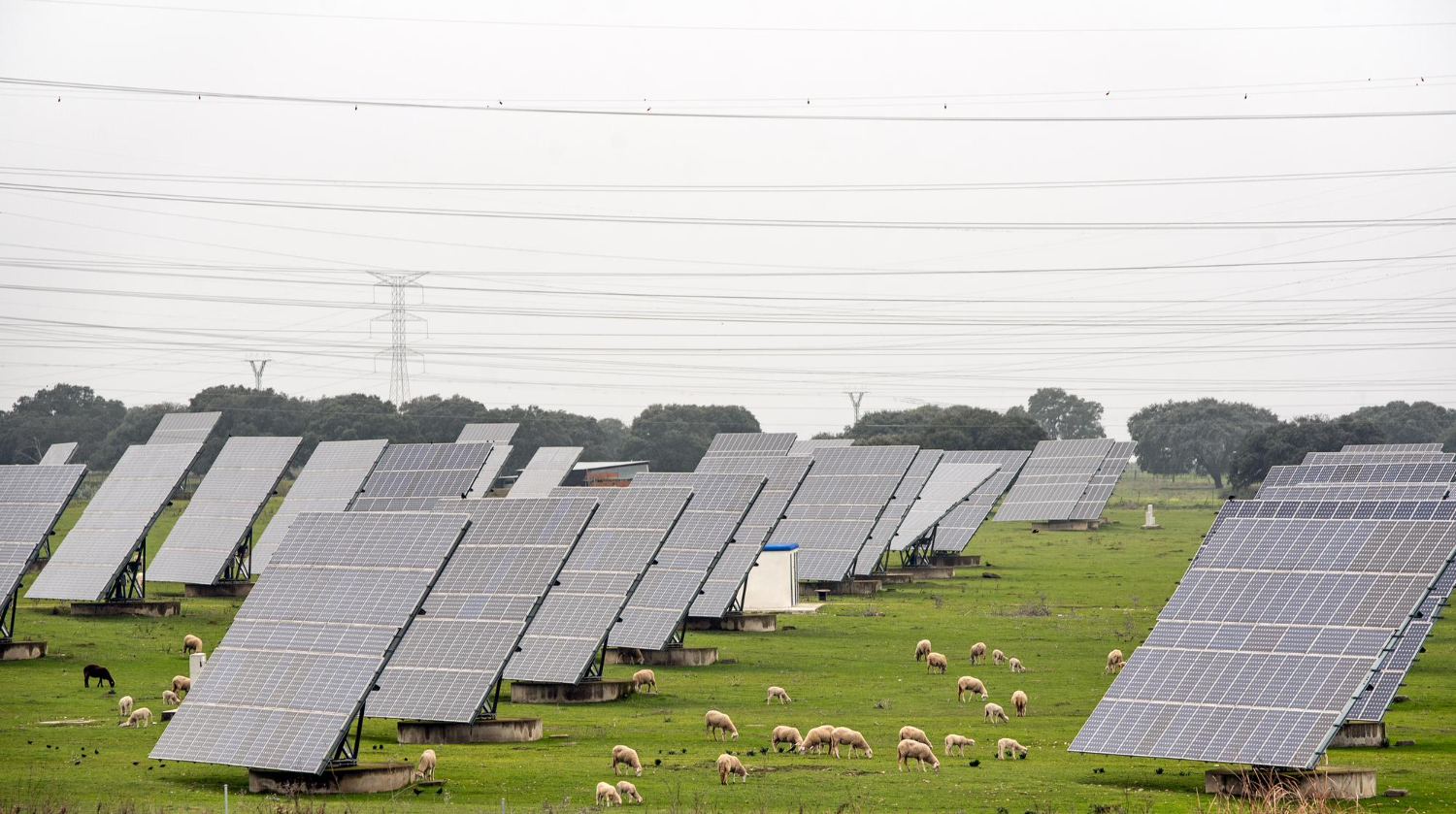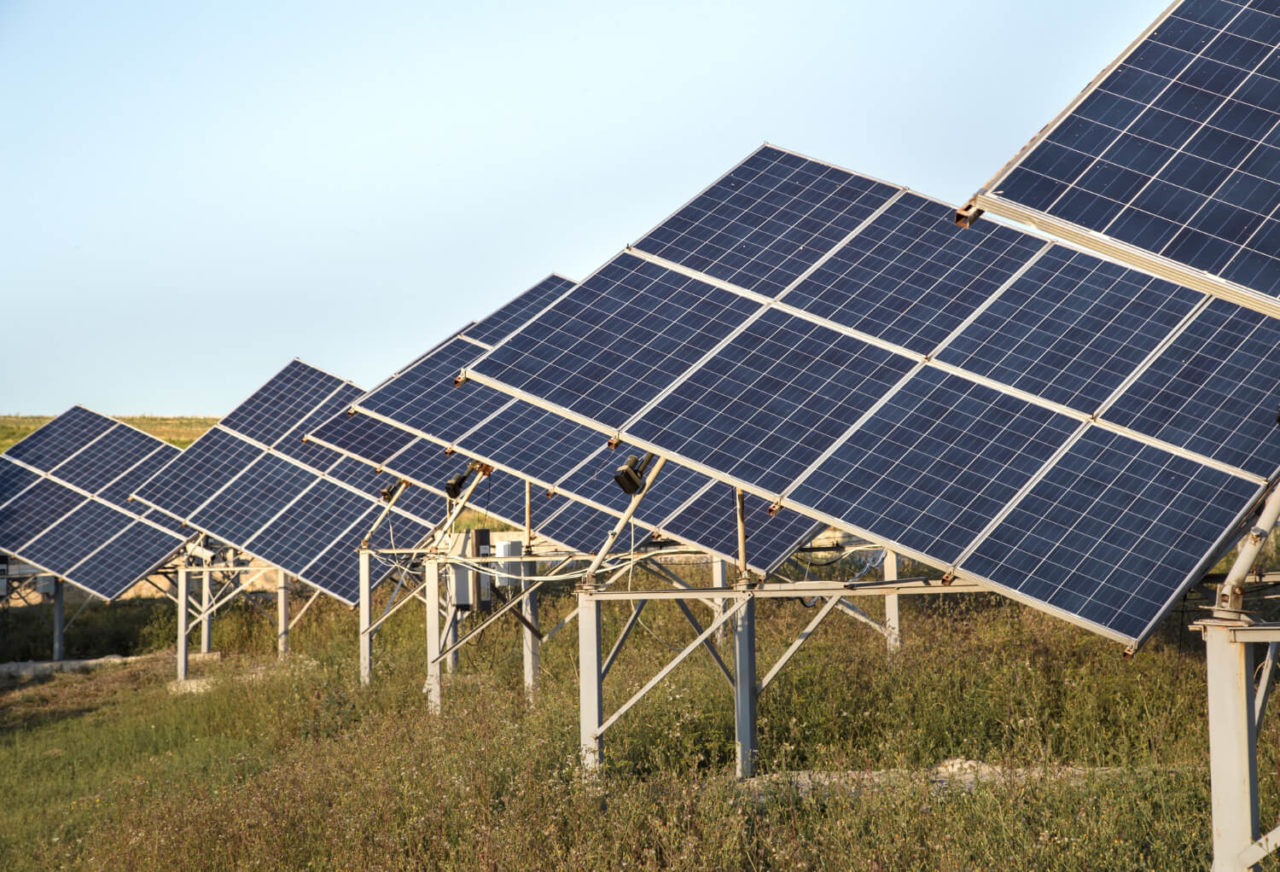
Agrivoltaic farming represents a harmonious energy between two critical sectors – farming and renewable energy. It is an innovative and sustainable approach that involves the co-implementation of solar panels and agricultural practices on the same land.
Agrivoltaic farming optimizes the efficiency of using land while providing a number of advantages such as higher food yields, energy production, and environmental preservation.
Agrivoltaic farming holds the potential to be a game-changing solution that inspires optimism for a more resilient and environmentally friendly world.

The process of combining solar photovoltaic (PV) systems with agricultural practices is called agrivoltaic farming, sometimes referred to as agrovoltaics, agrovoltaics, sun sharing, or agrophotovoltaics. It uses agricultural land for both growing crops and producing solar energy in order to boost total productivity and farmers’ revenue.
In comparison to conventional farming practices that rely on fossil fuels and extensive water usage, strain our environment and deplete precious natural resources, renewable agriculture offers a sustainable alternative, a path that embraces innovation and eco-consciousness.
The benefits of agrivoltaic farming
By harnessing the power of renewable energy sources, optimising water usage, and adopting climate-resilient farming techniques, we can:
- Safeguard our future food supply;
- Reduce greenhouse gas emissions;
- Conserve land and water resources:
- Mitigate the effects of climate change by providing shade and reducing temperature fluctuations for crops;
- Nurture a planet capable of sustaining generations.

One way agrivoltaics can combat climate change is via Reducing the amount of solar energy that is produced globally will be crucial to finding a sustainable solution. In addition, land is in high demand due to UN forecasts that the world’s population would increase by 2 billion people over the course of the next 30 years. One method of increasing food production on the same land area while introducing additional renewable energy sources is agrivoltaics.
Original source: World Economic Forum

Universal Kraft is focused on solar energy. Our ability to evaluate opportunities and make swift judgments originates from our experience designing and building photovoltaic solar systems. As a result, we are able to provide partnerships and our own developments with affordable solutions.




